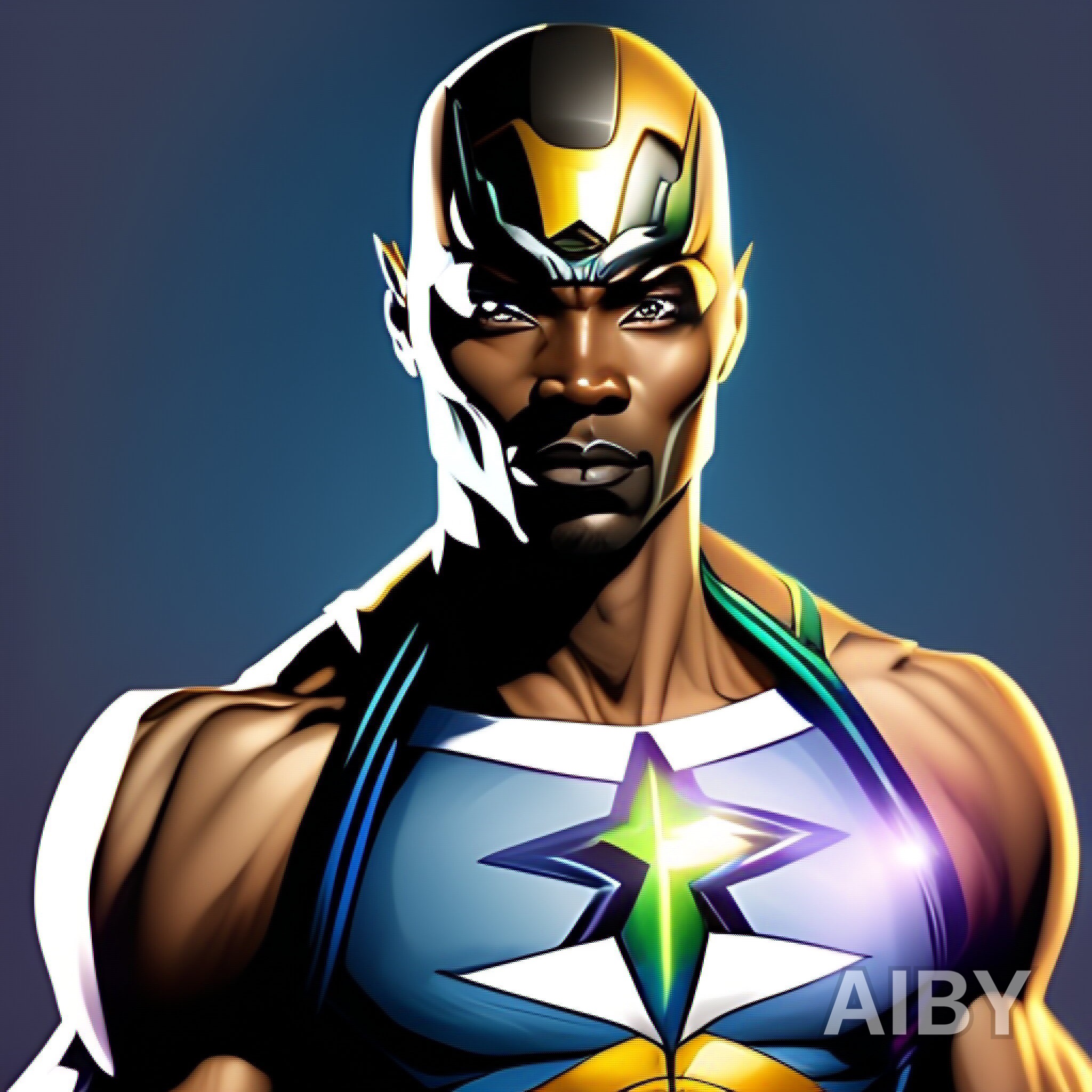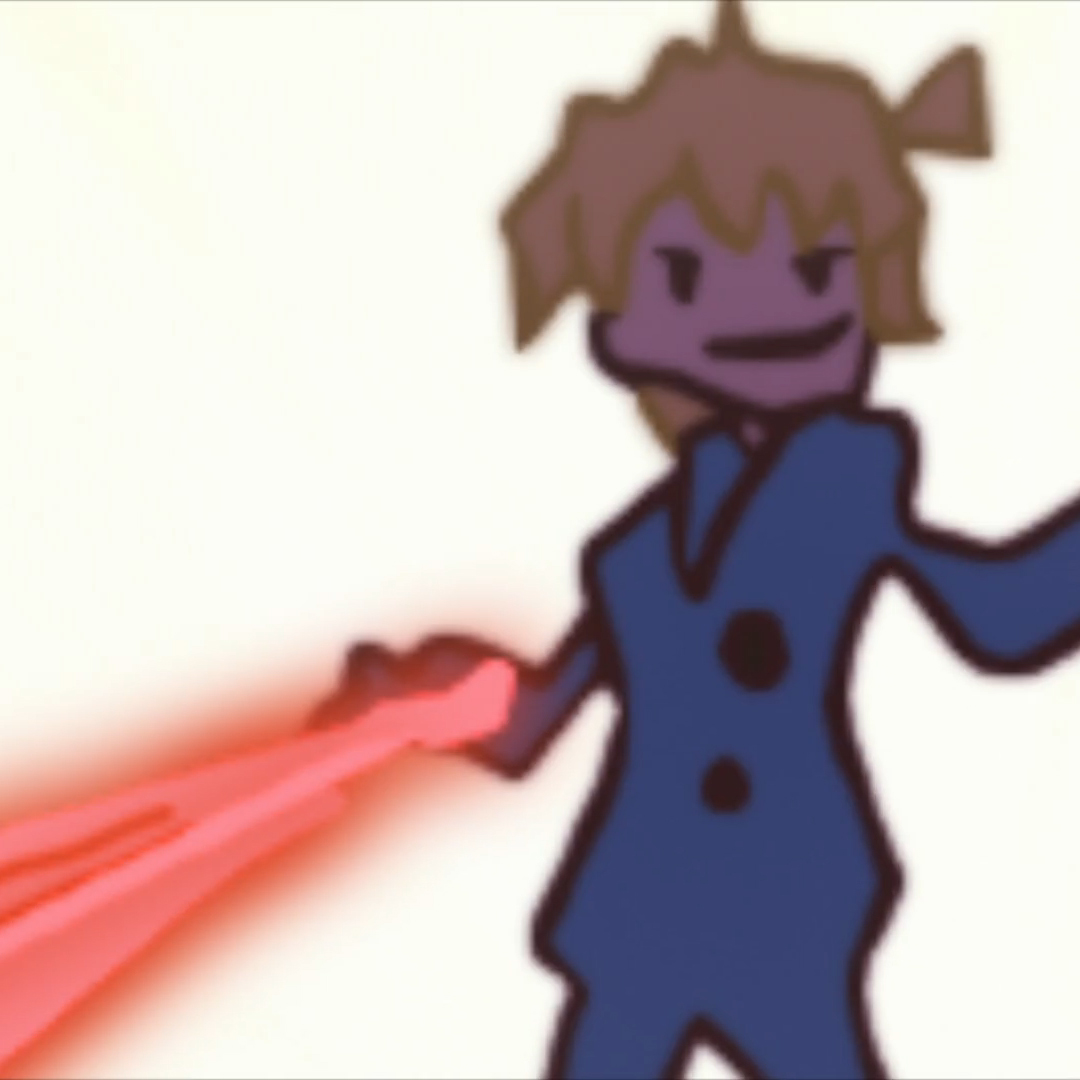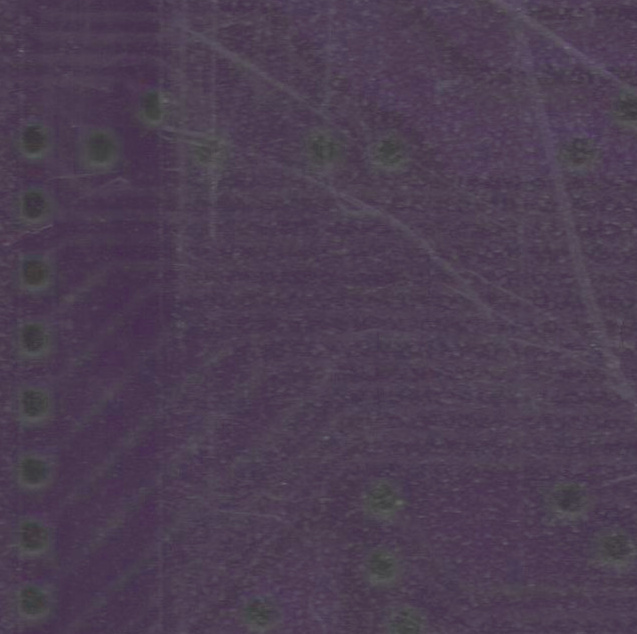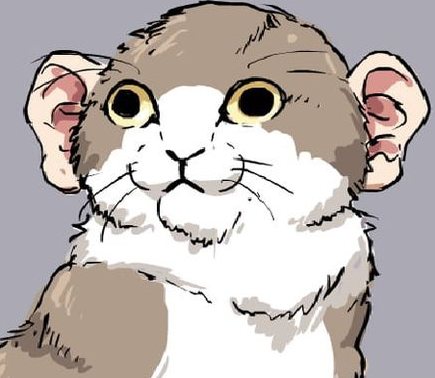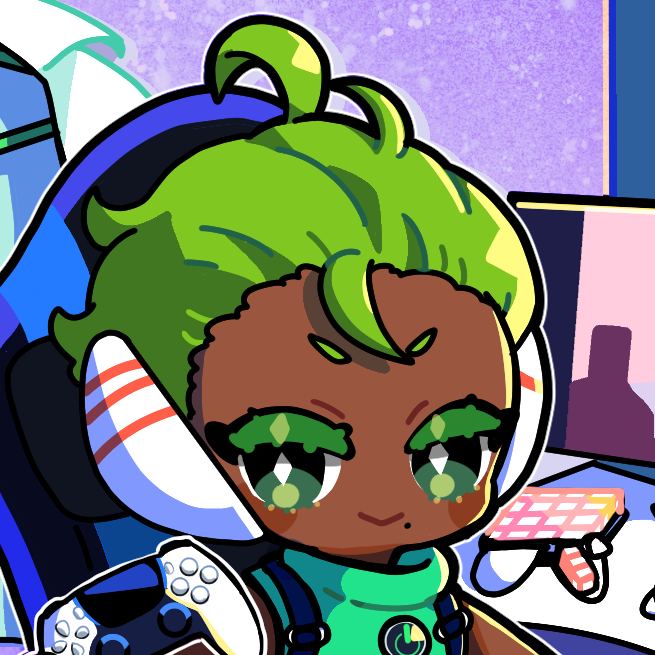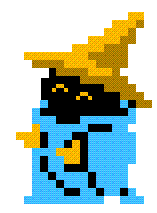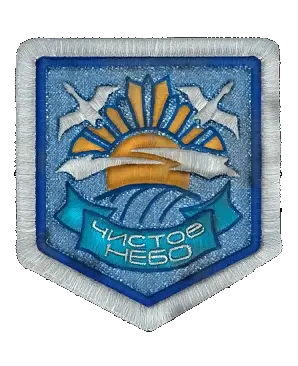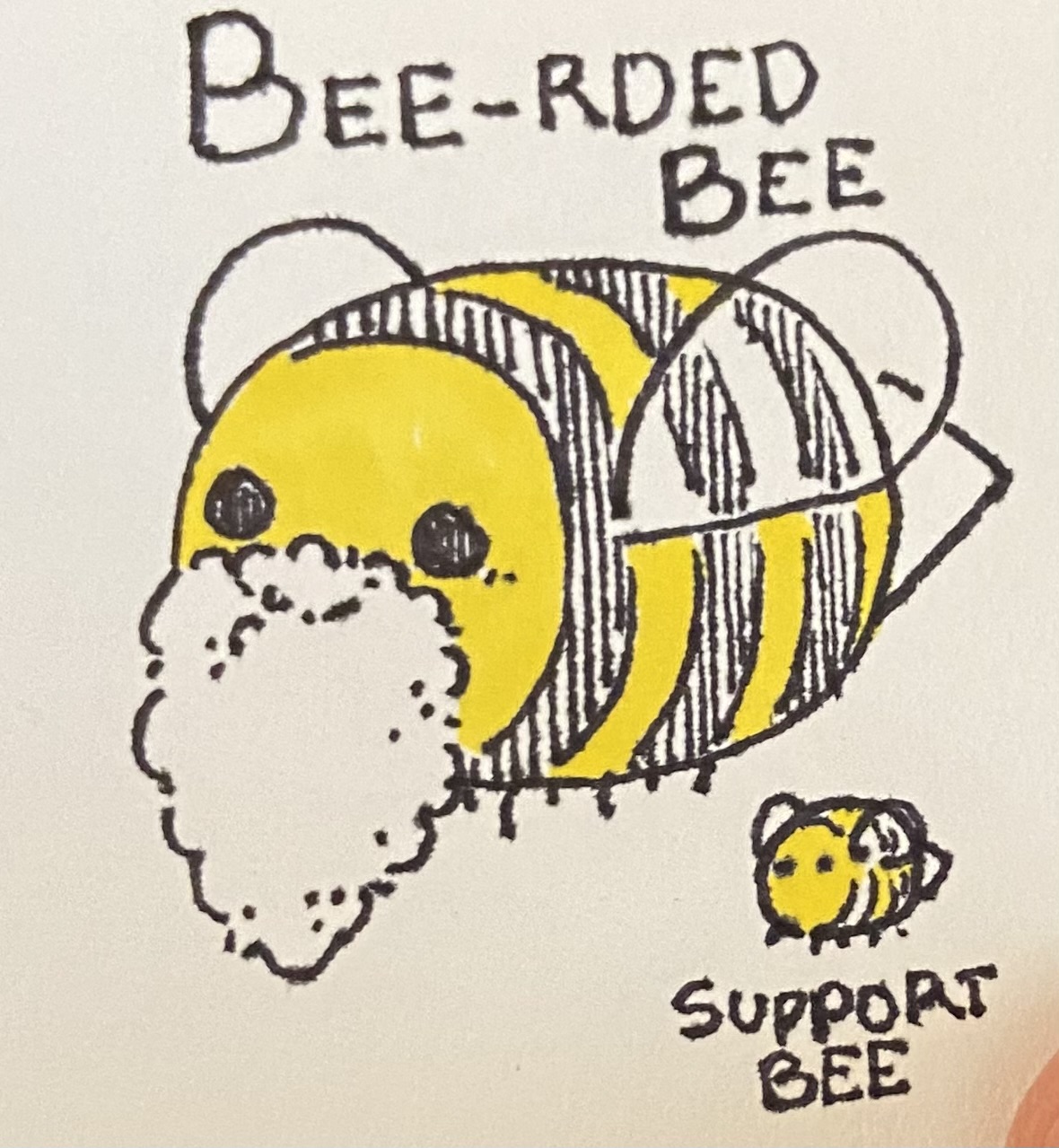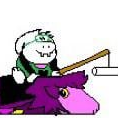interesting article for consideration from Polygon writer Kazuma Hashimoto. here’s the opening:
In February, Final Fantasy 16 producer Naoki Yoshida sat down in an interview with YouTuber SkillUp as part of a tour to promote the next installment in the Final Fantasy series. During the interview, Yoshida expressed his distaste for a term that had effectively become its own subgenre of video game, though not by choice. “For us as Japanese developers, the first time we heard it, it was like a discriminatory term, as though we were being made fun of for creating these games, and so for some developers, the term can be something that will maybe trigger bad feelings because of what it was in the past,” he said. He stated that the first time both he and his contemporaries heard the term, they felt as though it was discriminatory, and that there was a long period of time when it was being used negatively against Japanese-developed games. That term? “JRPG.”
I hear what they’re saying, but I’ve just never heard of anyone trying to dismiss a game for being a JRPG. Sure, they have their style and tropes, and they aren’t for everyone, but I’ve yet to meet anyone who seriously claims that a particular game is bad because it is a JRPG, as opposed to a game simply being a bad JRPG.
It seems to me that between Sony, Nintendo, From Soft, Bandai Namco, Square Enix, and even, yes, Konami, Japanese gaming culture has had a huge influence on so-called Western gaming culture.
I noticed this in the 90s and 2000s. The Japanese perception of Western tastes was massively different than actual Western tastes. There were a lot of games that never made it here because they thought we would not like it and it later turned out to be a hit.
To be fair it wasnt just japanese. I know at least in the US there were American branches of these companies that handled the localization and advertising of their games. So it was the american hands of these companies that replaced anime fantasy art with more generic 80s fantasy book cover art, as well as the saga that was american mega man(though I still dig mega man 2’s art even if it makes no sense).
I’m curious, do you have any examples?
The Mother series was a big one
A good example is that many of main numbered Final Fantasy games did not make it to the West until the retro releases years later. A lot of the Dragon Quest games shared the same fate.
Fire Emblem is a good example. They were very popular in Japan in the 90s, enough so that Smash Bros. Melee (2001) included 2 characters (Marth and Roy), yet the first Fire Emblem game to come to the US was a GBA game in 2003. Now Fire Emblem is incredibly popular in the west.
Monster Hunter also comes to mind. Before Monster Hunter World, main series Monster Hunter games were on Nintendo’s portable gaming consoles, namely the DS and 3DS, because those portable consoles were very popular in Japan. Once Capcom brought the series to the main consoles with Monster Hunter World it became a huge success.
Final Fantasy III and V (The US Final Fantasy III in the US is actually Final Fantasy VI. There just wasn’t a Final Fantasy V until after Final Fantasy VII had already released and FF became more mainstream)
Mother 1 and Mother 3 (Earthbound Zero and Earthbound 2). Mother 1 was released like 30 years later in the west, Mother 3 has never been localized.
like 90% of Ganbare Goemon (Legend of the Mystical Ninjas). The first SNES game is also horribly localized and for some dumb reason they removed the internal SRAM (saving without a password). Probably rental related or somthing. And this has peeved me for my entire life because Ganbare Goemon 2 is probably one of the best Platformers on the SNES, a platform already stacked with some of the best platformers in gaming, and we got the worst version of Ganbare Goemon 1. This was also ongoing as every release after N64 (ending with the DSI) was not localized
The Original Custom Robo on the N64 (And if you’ve never played the Gamecube Custom Robo you owe it to yourself to)
Ryu Ga Gotoku (“Like a Dragon”, formerly “Yakuza”).
The devs feared that the game was too Japanese and would confuse and alienate Western gamers. Over the past decade they’ve been working on being less heavy-handed with localization and allowing the game to just be what it is now that they’re getting all these feedback from players that bursts their bubble.
Yeah the original dub of Yakuza 1 is very clearly trying to make it more “american” for the audience and it suffers for it. It’s also funny because Mark Hamill voices Majima, and he admits that he does not remember doing that at all.
Xenoblade Chronicles took years to come to North America. I remember seeing multiple petitions trying to get it released over here.
~I’ve just never heard of anyone trying to dismiss a game for being a JRPG~
And I remember the 2000s where that was common among gamer culture. So what now?
A duel to the death, obviously
I have definitely met people who said they didn’t like JRPGs and weren’t interested in trying X new JRPG coming out.
But that is because they didn’t like the genre, not because they had any negative feelings towards Japan or Japanese game devs. Nobody likes every genre, and that is exactly why having genre labels is a good short-hand.
I don’t like FPS games, that doesn’t mean I have any particular ill-will towards people or companies who make them. It doesn’t matter how good a new FPS is, I probably won’t like it.
This is a very valid point that I don’t care about Yoshi “Black People can’t exist in FFXVI”-P bringing up lol
Oof. Thanks for mentioning this.
Yuck, I just looked up his statements about that. Yeah, I don’t know if I will be playing FFXVI. There are plenty of games that don’t have that problem. Diablo 4 is a good example.
deleted by creator
I have, in fact, talked to people who are insistent that any RPG made in Japan is a JRPG and any game not made in Japan isn’t. They argued that Dark Souls is a JRPG. They were entirely serious.
Dark Souls is a JRPG
Did they also argue that a hot dog is a sandwich?
That would be a ridiculous position to hold.
Amusingly, Dark Souls seems to have spawned its own mini-genre, with people now calling games “Souls-likes”.
I’ve met such people before.
I disagree with them though, as the tropes and presentation of a game are more pertinent to genre labels, than is the nationality of its creators. There are many western-made JRPGs, and there might even be Japanese-made WRPGs as well.
I dunno I find the JRPG tag akin to the anime tag. If you get down to it anime as a category covers a wide range of genres, art styles, animation styles , and so on. That said there is a DNA throughout that does unite a lot of anime. Series and creators are inspired by other older anime and manga and games and even the non japanese pop culture that influences the creators is filtered by the impact that thing had in Japan.
As a category JRPG used to refer to a very specific story heavy game with turn based combat and usually random battles and leveling up that originates in japan. There are many modern games that have evolved beyond that old school system and look, but the DNA is still there. FFXV despite being open world, having action based combat, and realistic graphics still feels more like a classic final fantasy than it does like Fallout or elders scroll.
I also feel like that there’s a bit of revisionism towards bias against JRPGs. I was chronically online in the 00s on gaming message boards and RPGs were held up as a gold standard among a lot of gamers and I bet even today you’d find quite a few “BEST GAME EVER” lists that would put FFVII and VIII and chrono trigger up there as some of the best of all time.
In the console space at least in the US the default RPG was JRPG for the longest time. There were some western RPGs on consoles but they were few and far between and not nearly as popular. It wasnt until the xbox into the 360 and ps3 gen that C-RPG devs started releasing on consoles. After years of being low sellers on PC this subgenre hit the mainstream and felt like a breath of fresh air especially with this not being the best year for many landmark JRPGs like Final Fantasy.
It is at THIS point in the late 00s into the early to mid 10s that things start getting toxic because gamers are gamers and have abrasive and bad communication skills. I feel like even then these kinds of dickheads werent in a majority and sales of big name Japanese RPGs along side the slow trickle of formerly japan only RPGs like Dragon Quest show that the demand and success is still there. At most there was a brief dip as many Japanese “style” games in general fell out of fashion with western gamers as western devs started getting more and more of the console pie.
I dunno it feels more like there was a blip in sales and the dev is trying to rationalize it as racism based on toxic gamer culture. Which is a fair assumption to make towards gamers but they still sell millions.
I don’t think his position is reasonable. JRPG does describe an RPG subgenre, just like CRPG or ARPG do. They have specific formats, structures and tropes that they all adhere to religiously.
He also omits the fact that not all RPGs coming out of Japan are called that. Once they stray enough from the trope of the genres, they are no longer included in it. If it looks like a duck, quacks like a duck…
Finally, acting as if people have a racist or discriminatory slight against those games because of the term… I don’t think I’ve ever seen people do that, other than disliking the general style and anime aesthetic which is entirely fair?
I don’t get him.
Also not all JRPGs are developed in Japan, and not all RPGs developed in Japan are JRPGs.
It just happened that the subgenre started out in Japan.
I mean, it’s not the rest of the world’s fault that Japan produced enough Final Fantasy clones to create a whole genre. But I guess we can try to call them something else. FFRPG? Linear RPG? Grindy-RPG? Not-Really-RP-RPG? Semi-Open-World Turn-Based Narrative? What would be preferable?
Lol, yeah this is such a bizarre take. Like, no one calls Elden Ring a JRPG even though it’s made in Japan. JRPG is a genre, full stop.
The WRPG is also a thing. There is a very clear difference in how developers in the West versus the East approached the adaptation of the TRPG to the video game format, which is what all RPG’s are rooted in. Square/Enix/Falcom and others used prebuilt parties and turn based combat, with a heavy emphasis on story, while western developers put way more control into players hands with character creation and role play (and often real time rolls/gameplay), with less developed stories and side characters. No approach is the “correct” one.
What would be really interesting to hear reported on is whether this was rooted in player preference. Like, did Japanese TRPG players gravitate more toward prebuilt campaigns and characters? Did Western players indulge in more varied self expression and try to break the game while disregarding the story the DM was trying to tell? Tbf, the former sounds much nicer to DM.
I’m guessing the divergence came from one set of games being designed for a console controller that had only a few buttons and the other set being designed for computers with keyboards and mice. The original Final Fantasy was much closer to D&D than modern entries, but modern entries still have a lot of DNA from the first Final Fantasy.
“they deserve to be othered as a country of developers because of square enix”?
I didn’t say that. Which of the alternative names would you prefer to describe a thousand clones of the same game?
I find it interesting that this article doesn’t mention any of the Soulsborne games/Elden Ring/Sekiro, despite them ostensibly all being Japanese RPGs.
It’s because they are not. An Rpg is not a jrpg just because it’s made in Japan. JRPG refers to a very specific type of game, turn based largely linear. Final fantasy, Dragon Quest, Chrono Trigger, Octopath Traveler, etc etc. That’s what most people think when you say JRPG and if so they would be right to say that they like or dislike the genre. This is a non issue as usual.
I’m not sure how you classify a western RPG versus a JRPG, but the thing that stands out in my mind is that those games are full of elements that commonly define each of them, and that makes sense, given the lineage of each branch of “RPG”. Western RPGs stick closer to tabletop stuff, as that’s what developed in the PC scene. JRPGs started out that way, but whisper-down-the-lane and iteration on what they’d already made tended to make different characteristics more prominent. So Miyazaki was likely more familiar with JRPGs, but he’s also said that he was inspired by the difficulty in understanding English D&D, which is why Souls games feel so much like both western RPGs and JRPGs.
Because, what no one wants to admit, it was used to specifically call a text heavy game with no skill required. It’s very clear it was used derogatorily when a game the “hardcore’s” likes comes from Japan and you are playing a role and it is lore heavy, “oh but it’s not really a rpg” uh huh…
Seems kinda whiny. I’ve never heard jrpg used in a bad way.
I’d like to see a poll or something to hear if most japanese devs feel this way. I bet it’s just a vocal whiny minority.
I love jrpgs, chrono trigger is one of the best games ever made, and I’ve put a big chunk of my life into dragon quest games.
You’re calling Yoshi-P, a very famous and influential Japanese game industry vet, “whiny.” Surely he’s earned enough respect for us to listen to his thoughts on what he considers derogatory!
Eyes narrow for fuck’s sake what is this
I’d like to see a poll or something to hear if most japanese devs feel this way. I bet it’s just a vocal whiny minority.
i mean, beyond the fact that you’re calling a very established Japanese developer a “vocal whiny minority”… the article literally touches on how opinions aren’t homogeneous (because obviously they won’t be), and provides a link to how the Xenoblade Chronicles X developers feel about the term. here are their thoughts, for context:
RPGs are the only genre I can think of where there is a designation between the country of origin. Why do you think that’s unique to RPGs?
Takahashi: You may not be aware of this, but I think a lot of the time when people use JRPG in the Japanese market, they actually do have negative feelings that are building up behind that. Unless the rest of the world shares those negative connotations, then that’s not something I would worry about at all.
Yokota: Certainly, it often designated to people that they might see a similar presentation style that they see in anime or manga.
Takahashi: I like to think about the fact that even in the US market, you guys say “comics,” but you also say “manga.” The two words designate the country of origin, or the style, if it’s the case of someone emulating that. It’s the same in Japan where we say manga, but we also say american comics. I feel like this kind of usage is similar to what we’re seeing with “JRPG” being used a term outside of Japan.
it just also thinks the balance of evidence supports its claim, even if some Japanese developers embrace it or are ambivalent to it: that the term is primarily used to other the genre. you can take or leave that claim—it’s not wrong to not agree with it—but this specific point is something that makes me assume you didn’t read the article, just the title or maybe a paragraph.
JRPGs definitely did get dunked on sometime within the past couple decades. There was definitely commentary going around about how JRPGs were somehow bad because they’re too linear and tended to have too many similar story tropes/character archetypes and random battles were bad, yadda yadda. Some people even speculated that the genre was dying out. (That prediction obviously turned out to be wildly inaccurate.)
I guess it could be argued that some people did dunk on it for culture-specific reasons, especially for the anime art.
Honestly feels like a bit of a gross misuse of the word “othering” given what material horrors are associated with the process. Especially bitter coming from Mr Naoki “economics justifies transphobia” Yoshida.
I feel like there’s an important point in the valence of the word shifting as the American games industry and its colluders in the gaming press started trying to cut foreign and indie developers out. I think I completely missed out on the process of the word becoming pejorative, because I was mostly playing Nintendo and retro games during that era and not really talking about them online outside of people that also liked those kinds of games.
I do think it’s interesting and sad though that negative valence can be attached to an entire region, and specifically a region outside “the West”. “Slavjank” would be another example; meanwhile the endless litany of very poor quality games coming out of the UK in the 80’s and 90’s was never given a simple and catchy term…
But that leads to a point that there’s also something to be said that valence can be contextual. “Jank” means different things to different people and can be meant appreciatively or pejoratively.
Within my friends with the same background and from the same (console) generation as me, and who like the same kinds of game as me, there is definitely a subgenre of RPG with a high degree of mechanical depth and novelty, typically made in Japan, that we crave more of; so some kind of catchy subgenre term is useful.
Half serious but I think the real solution is to start describing mechanically over-streamlined Hollywood wannabes as WRPGs.
Mid-2000’s gamer culture really was the worst.
I am sad to hear that the term “JRPG” has been tarnished by the hypermasculinity of that time. PS2 era JRPGs were an absolute heyday and one of my favorite periods in gaming (possibly mostly due to nostalgia goggles, but still).
It was very much where people told anyone to go if they had any complaints about a skill check in a game, definitely used derogatorily for decades!
While I totally understand this devs point, it’s kinda hard to separate this genre from the name at this point. I’d happily ditch JPRG in a heartbeat but it doesn’t have a good alternative. Turn based doesn’t describe all games that fit in that genre and can be mixed up with card games and such. Calling it a FF or Pokémon clone would be worse imo.
Typically I tend to just skip genres in general for all media. It’s really all fluff and I find the best media tend to blur the line between so many genres that you can’t describe it easily.
I’ve heard some people try to use “eastern RPG” instead, but I’m not sure it’s caught on.
For what it’s worth, “western RPG” (or “WRPG”) seems to have caught on; some people call this style “computer RPG” or “CRPG”, but I’d say that even more inaccurate of a label. So yeah, WRPGs and JRPGs.
And meanwhile, we also have action RPGs, which can be subdivided into games that are more similar to something like Diablo (action WRPGs) vs. games that are more similar to something like Ys (action JRPGs).
And then we have strategy RPGs. And then we have MMORPGs. And then we have dungeon crawlers. And then we have roguelikes, which are distinct from dungeon crawlers despite also involving going around a dungeon.
Okay let’s be frank here, “role-playing game” itself was never a great name to begin with in the first place. There’s the famous comment that if you’re playing any Mario game you’re playing the role of Mario. But rather, “RPG” is just the broad umbrella for games that are descended, however distantly it may be, from D&D. Kinda. (I’ve heard that at one point Zelda 1 was called an “RPG”, though obviously the meaning of the term has become a little more specific since then.)
I respectfully disagree with Yoshida. I never considered JRPG a “discriminatory” or “othering” term. JRPGs have their own style that’s distinct enough to warrant identifying, like the industry distinguishes between “first person shooters” and “third person shooters”. To a non-gamer, the difference may seem trivial, but to people who actually play the game, it’s huge.
That being said, I’m surprised that someone so closely involved with gaming would make such a statement. If anything, it sounds unnecessarily defensive.
I’m more offended they’re even called RPGs when you have no real freedom of choice.
Yeah, they are more like “story games with combat”.
Tabletop RPG: “Role playing game”
Computer RPG: “stats and levelling”
Absolutely. The appeal of an RPG for me is to be able to immerse myself in a story and decide for myself how i act and what i chose. It bothers me that it is so rare these days that i can control my characters attitude to a problem instead of just choosing the outcome of a situation. Like in Cyberpunk 2077 where the main char is a rude asshole with dumb ideas no matter what you do.
It’s a way to communicate what you expect from a game not some conspiracy to brand all Japanese RPGs lol. Like saying a game is a soulslike or roguelike. I mean Elden Ring is sort of an RPG and never heard anyone call it a JRPG. For JRPG I expect, anime art style, party system, turn based combat, probably a lot of drama lol.
I’m not sure I agree, to me the difference between JRPG and RPG is like the difference between anime and animation. In a western audience, the label has been coopted by games closer to home with tropes we’re more familiar with. That doesn’t make the labeling of Japanese media othering in that sense, so much as it allows us to understand what contexts it is both from and for.
I can see how, to some people, it might be a turn-off (just see all the people that turn their nose up at anime conceptually even if they’d like it) – see the people that may have seen edge of tomorrow in theaters and enjoyed it, but would likely sneer at being told to read all you need is kill, differences in media notwithstanding. But as the media landscape changes and grows it’s useful to have different ways to sort of illustrate the differences in audience as well as the differences in creative context.
Is there a possibility that the usage of anime is also othering? In Japan, “anime” means animation, and if you ask a Japanese person what their favorite anime is, they might say Disney movies. If you translate “anime” into Japanese, it will become “Japanese anime”
However, it seems that there are some animators who think that there is a difference between anime and animation.
One of my favorite takes on the difference between anime vs animation is that anime is an artistic movement. In some sense it might be othering in the sense that it’s a genre of art that someone might be more or less predisposed to enjoying, but imo it’s not different from “musical” or “visual novel” in that regard – neither of which is necessarily othering implicitly, but people do tend to have strong opinions about their merit as art or the quality of that movement
The article presents a lot of evidence for this othering, but I still think back to my own aversion to the genre at the time. To this day, I still don’t play a ton of JRPGs, but I played Chrono Trigger back in the day, and I’m finding some fun in the old-school FF7 for the first time lately. If I were to attribute reasons to the general distaste for JRPGs in the 6th gen, it would be a couple of different things:
- a wide gap in production value between the average non-Final-Fantasy JRPG and the average action game (even Final Fantasy and Kingdom Hearts would flip flop between several different levels of production value, and that’s a problem I still have with games today like Yakuza and Street Fighter 6’s world tour mode)
- tedium with random battles AKA trash mobs, that drag out a game too long
- difficulty understanding what makes this JRPG different from the last couple JRPGs
And while I’m sure that 20 years ago we absolutely had trouble in the west accepting Japan’s fashion and gender norms, charitably, the best I can say from my own recollection is that those protagonists were frequently just very unrelatable and/or uninteresting. You can call it something like an obsession with masculinity, but people think Dante is cool and want to be him, which makes it fun to live out that fantasy of virtually being cool like Dante, but no one really wants to be Tidus.
So you’re saying it is use derogatorily by people who dislike the mechanics?
Kind of, but none of those complaints define modern JRPGs, for instance. You can hear people, including myself, groan about open world games and then still enjoy an Elden Ring when it comes around.




